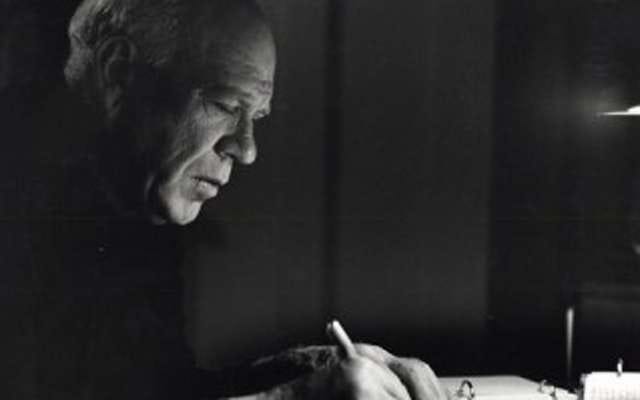The Longshoreman Philosopher
The self-taught dockworker-thinker who shaped presidential minds; plus, a unique opportunity, and an exclusive invitation!
Gracious reader,
I had a joy-filled weekend working on my book about lifelong learning, and I stumbled upon the story of someone who was highly consequential several decades ago, but is largely forgotten by newer generations.
In a world where credentials are currency, Eric Hoffer was a remarkable anomaly.
Born July 25, 1902, in The Bronx of New York City, …
Keep reading with a 7-day free trial
Subscribe to Civic Renaissance with Alexandra Hudson to keep reading this post and get 7 days of free access to the full post archives.


